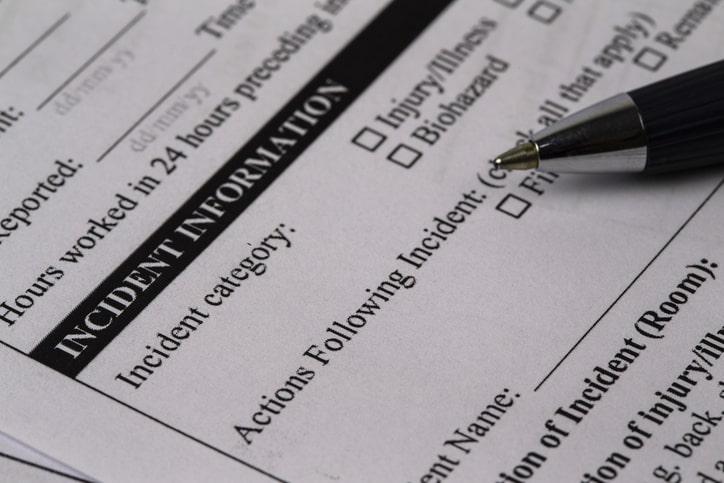Get Our Insider to Property Damage Brochure

What Happens When You File a Personal Injury Claim in North Carolina?
July 21, 2024Our Charlotte personal injury lawyers at Dewey, Ramsay & Hunt, P.A. know there is often some confusion about North Carolina personal injury claims and how or when they turn into lawsuits.
A personal injury claim is a legal process through which an individual seeks compensation for injuries and damages sustained due to another party’s negligent or wrongful actions. This can arise from various incidents, such as car accidents, commercial truck collisions, and slip-and-fall incidents.
To pursue a personal injury claim, the injured party (plaintiff) must demonstrate that the other party (defendant) owed a duty of care, breached that duty, and directly caused the injuries and resulting damages.
Filing a personal injury claim is typically the first step after an injury occurs. This process often includes negotiating with the insurance adjuster to settle without going to court. Most personal injury cases are resolved at this stage.
If the parties cannot reach a satisfactory settlement through the personal injury claim process, the injured party may choose to file a lawsuit. This involves formally initiating legal proceedings by filing a complaint with the appropriate court. The lawsuit process includes discovery, pre-trial motions, and potentially a trial where a judge or jury will determine the outcome.
Here, we discuss the personal injury claim process so you can make informed decisions about pursuing compensation from the liable party who caused the incident.
What Happens During a North Carolina Personal Injury Claim?
During a North Carolina personal injury claim, several steps typically occur, each designed to facilitate the resolution of the claim and ensure that the injured party receives fair compensation:
That includes:
- Initial Consultation and Case Evaluation
At Dewey, Ramsay Hunt, our personal injury attorneys provide free consultations to discuss the details of a case with prospective clients, assess its merits, and determine the best course of action to proceed with a claim.
- Investigation
Our attorneys thoroughly investigate, gathering evidence such as accident reports, medical records, witness statements, and other relevant documentation supporting the claim.
We evaluate all damages, including medical bills, lost wages, pain and suffering, and other losses, to determine the total compensation amount to pursue.
- Demand Letter
Our skilled personal injury lawyers in Charlotte will draft and send a demand letter to the at-fault party’s insurance company outlining the injuries, damages, and compensation sought.
- Negotiations
The insurance company reviews the demand letter and may make a counteroffer. Negotiations between the attorney and the insurance adjuster aim to reach a mutually acceptable settlement.
- Settlement
If negotiations are successful, the insurance company agrees to a settlement amount, and the injured party receives compensation minus our agreed-upon legal fees. The case is then closed.
- Filing a Lawsuit (if necessary)
Although 90-95% of all personal injury claims are settled outside the courtroom, if a fair settlement cannot be reached, our attorneys may file a lawsuit on behalf of the injured party. This involves formally initiating legal proceedings by filing a complaint in the appropriate court.
Were You Injured By Another Person or Party’s Negligence in North Carolina?
If you were injured in a vehicle collision, slip-and-fall accident, or another incident caused by negligence in North Carolina, our personal injury attorneys in Charlotte at Dewey, Ramsay & Hunt, P.A., want to hear your story during a free consultation. Call 704-377-3737 or contact us online.
We provide unique legal services tailored to each client’s needs and do not get paid unless you do.
Your Injury, Our Fight. How can we help you take a stand?
Because every case is different, the description of awards and issues previously managed by our law firm does not guarantee a similar outcome in current or future cases.

